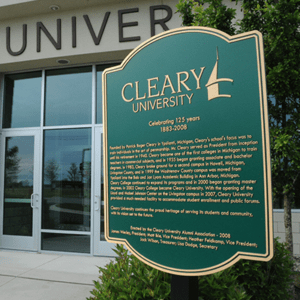Learning outcomes help faculty and students come to a common understanding about the purpose and goals of a course or academic program. By providing clear and comprehensive learning outcomes, faculty begin to provide a transparent pathway for student success.
Learning outcomes are the cornerstones of course design and assessment, and help students focus on what is important. Learning outcomes can also be considered an inclusive teaching practice as they can help clarify expectations for all students.
As stated in the campus Institutional Plan for Student Learning, course and program learning outcomes are required for all courses and programs.
Further, learning outcomes are required in academic program approval and review, course approval, and in group instruction course syllabi.
Academic program learning outcomes should:
Course learning outcomes should:
Undergraduate Program Learning Outcomes
Graduate Program Learning Outcomes
By providing a telephone number and submitting this form you are consenting to be contacted by SMS text message. Message & data rates may apply. You can reply STOP to opt-out of further messaging.
Cleary graduates use their business arts education to become the employees, entrepreneurs, and leaders who transform the marketplace…and the world.
Follow Us
HOWELL
DETROIT
SUMMER HOURS: (May 12 to Aug. 4)
Mon-Thur | 7am to 5pm
Fri-Sun | Closed
